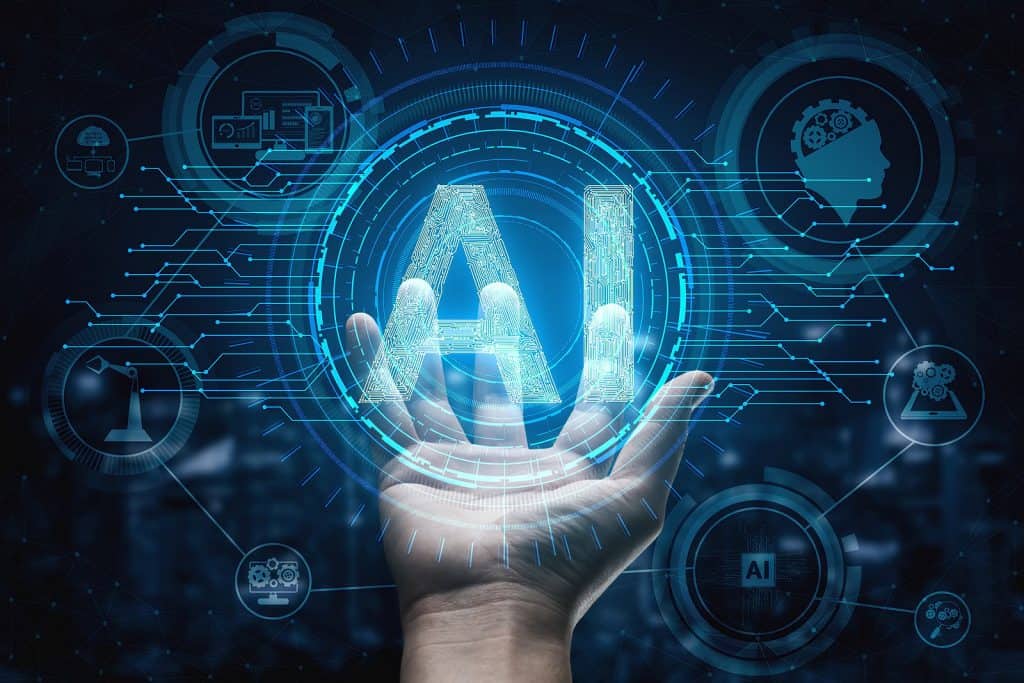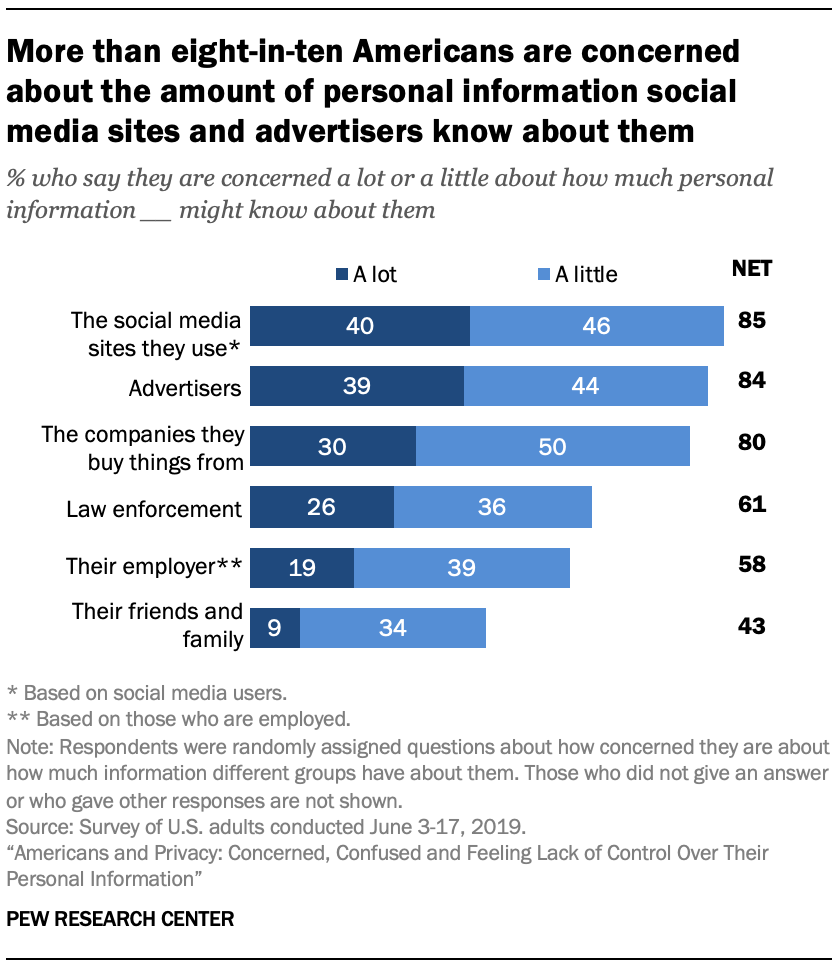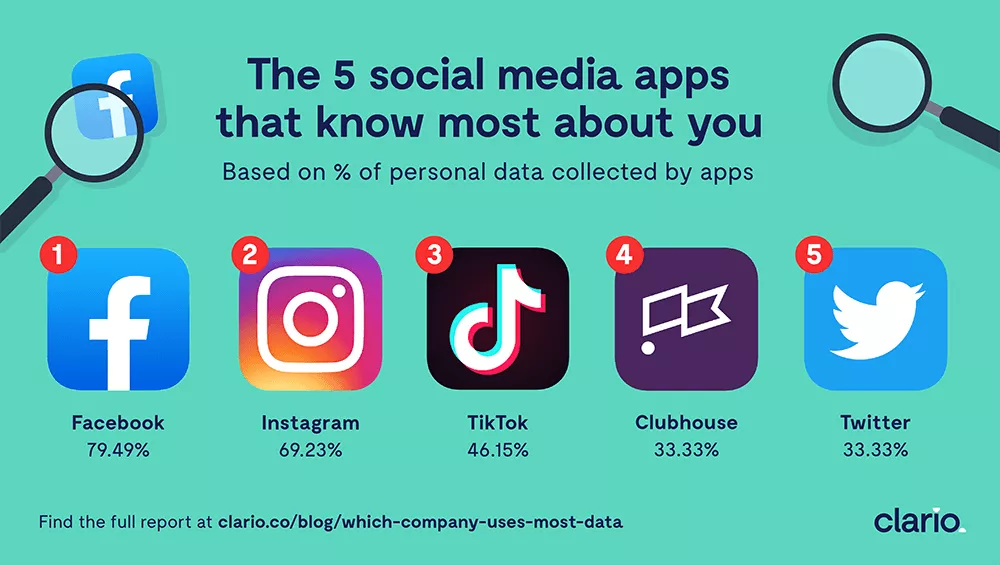The PBS Frontline documentary, "In the Age of AI," illustrates that although artificial intelligence is opening the door to so many opportunities in the digital world, it is also raising serious concerns about online privacy, agency and security.
One of my biggest takeaways was that there are so many individuals in society that are oblivious to that fact that AI is incorporated into almost every aspect of our lives, including healthcare, education, criminal justice and human experience.Over the years, new technology has been perceived as an improvement; advancements were created with the purpose of simplifying a human task. Unfortunately as a result, we've developed a sense of inevitability that it will always make things better. But, is this the reality? Or is the diffusion of artificial intelligence causing more harm than good?
The Dark Side of AI
To start, AI is increasing inequalities and causing a loss of jobs. There is a group of people on top making all the money and no one in the middle that can support a family. Ultimately, the wealthy are getting wealthier and the poor are getting poorer.
Artificial intelligence is a form of automation and automation is the substitution of capital for labor. There is no need for human labor when there are supermarket robots that are able to perform the same task to the same ability, or maybe even more efficiently.
Ethical concerns arise when it comes to the concept of surveillance capitalism, or micro-behavioral targeting that is directed toward the individual based on an intimate, detailed understanding of personalities. Large corporations have realized that they can use cues in the online environment to change real-world behavior. More importantly, they are able to do this in a way that bypasses the users' awareness.
We think we are the users of social media, but rather social media is using us.
Anytime we browse or scroll we are leaving digital traces, originally called digital exhaust, that are valuable in the way they are able to predict behavior. As discussed in my previous post, companies have learned to apply machine learning algorithms to predict users' interests and, therefore, reach deeper and deeper into our work, lives and democracy. Artificial intelligence has become the ultimate tool of wealth creation.
Advertising and marketing are all about uncertainty, whereas behavioral prediction is about taking the uncertainty out of life.
Real World Implications
In 2018, the Cambridge Analytica scandal consumed the media as its purpose was to target and manipulate voters in the 2016 presidential campaign. Information arose regarding Facebook forcing Mark Zuckerberg to appear before Congress to explain how the data of up to 87 million Facebook users had been harvested by a political consulting company based in the UK.
This was a pivot from AI's main use by advertisers to a new use by political consumers. This example further illustrates the argument that artificial intelligence has taken away our agency. It is now the machines that have control over us.
We have no privacy because everything we do is being monitored. Technology and AI have invaded the intimate, personal aspects of our lives: our thoughts, desires, dreams, friends and so on.
The documentary discusses the California Consumer Privacy Act (CCPA) when it comes to online security and privacy. This law gives users control of their digital data, the right to know and the right to say no.
This is reassuring knowing that the CEO of Google admitted to knowing where users are and where they've been, with the users' permission. With this information, Google is able to more or less guess what you're thinking about and how you'll act.
Cloud of Data
Everything you do as a consumer of technology and media is producing data, and there are computers looking at that data to learn and essentially try to serve you better. These computers are trying to personalize things to you and adapt the world to you.
This is great on one hand, but the entities in the companies that are in control of those algorithms don't necessarily have the same goals as you.
Our democracy is threatened by these tools; therefore, we shouldn't take these concerns lightly. The best thing we can do as users is be aware of the negative implications of artificial intelligence so that we can have more control over it. We must continue to protect our privacy.


:no_upscale()/cdn.vox-cdn.com/uploads/chorus_asset/file/10622349/1.png)


No comments:
Post a Comment